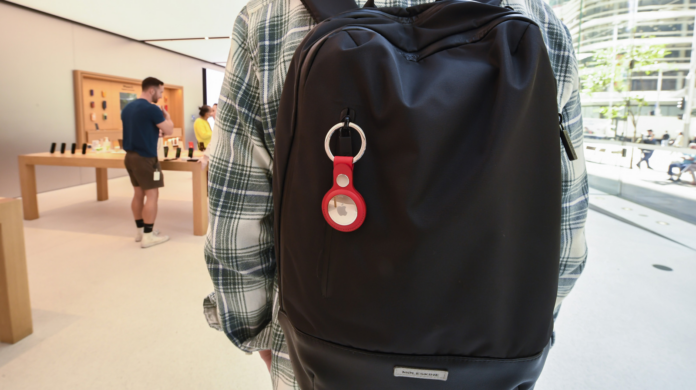Apple’s AirTag is a compact, convenient tool designed to help users track personal belongings such as keys, wallets, phones, and even vehicles. For frequent travelers, attaching an AirTag to carry-on luggage can offer peace of mind, ensuring they can easily locate their bag within the airport or recover it if accidentally misplaced. Since its release in April 2021, this simple tracking solution has become increasingly popular among those looking to safeguard their belongings, especially during travel.
Advertisement
However, before packing an AirTag in your carry-on, it’s important to consider regulations set by the Transportation Security Administration (TSA). The TSA enforces strict guidelines regarding batteries on flights, primarily due to safety concerns surrounding lithium batteries. Improper use or storage of lithium batteries can lead to fires, overheating, or even explosions, as outlined in the New York City government’s fire safety guide. Given these risks, many travelers wonder if AirTags, which contain lithium batteries, are permitted on board.
Apple’s AirTag operates using a user-replaceable CR2032 coin cell battery, which relies on lithium to store and release energy. According to Apple’s 2021 testing, the battery can last up to a year with normal use. Although the AirTag does contain lithium, the specific type and quantity of the battery are crucial factors in determining whether it’s allowed in carry-on luggage before a flight. Understanding how the TSA and related authorities regulate such devices can clarify this issue and help you decide if you can put an AirTag in your carry-on the next time you fly.
Advertisement


